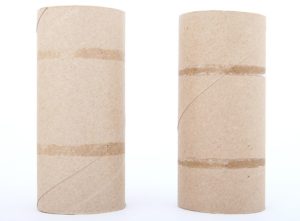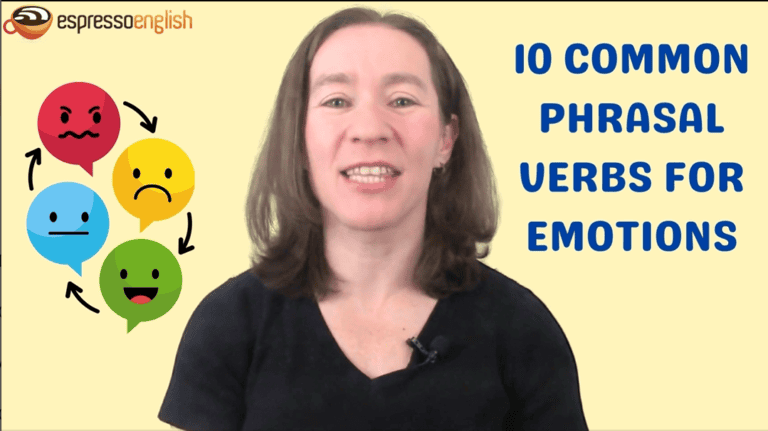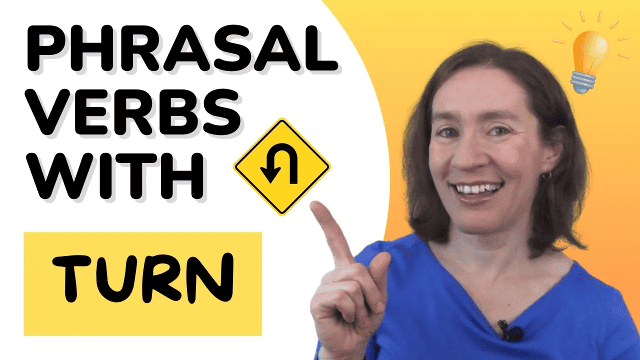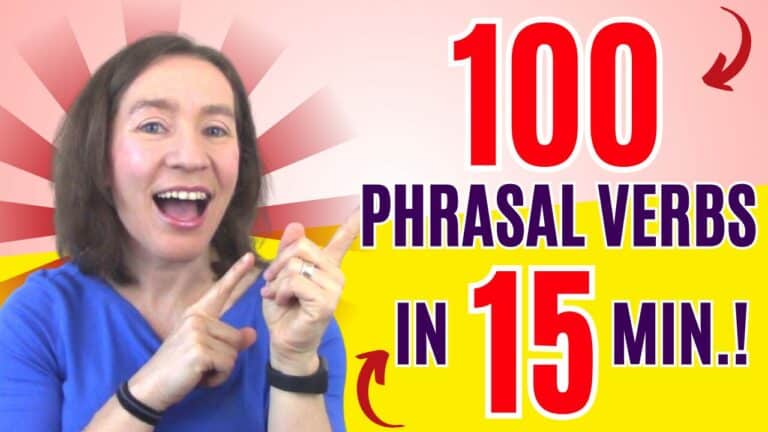
A phrasal verb is a combination of a verb + preposition that has a specific meaning. Sometimes the meaning of the phrasal verb is quite different from the meaning of the regular verb by itself!
I often see students make mistakes by mixing up regular verbs and phrasal verbs. Here are some common verbs and phrasal verbs in English, and the situations in which each one should be used:
grow vs. grow up
The verb grow is used when things increase in size and development:
- The country’s economy is growing.
- Many different kinds of flowers grow in my garden.
The phrasal verb grow up is used specifically for children becoming older and more mature:
- My 5-year-old son wants to be a firefighter when he grows up.
- I’m very thankful that I grew up in a loving family.
If you say an adult “needs to grow up,” it means he/she is acting immature (like a child) and should act more mature, like an adult.

find vs. find out
The verb find is used when you locate an object or person. It can be by accident or on purpose. “Find” is usually followed by a noun:
- After searching for an hour, I found my keys under the bed.
- Today’s my lucky day! I found a dollar on the sidewalk.
- I’m trying to find Barbara – have you seen her anywhere?
The phrasal verb find out is used specifically for discovering information. Again, it can be by accident or on purpose. “Find out” is usually followed by a subject/verb or a question word:
- Don’t let your husband find out that we’re planning a surprise party for him.
- I finally found out why the TV remote wasn’t working – the batteries were dead.
break vs. break down
 If something breaks, it means it separates into two or more pieces:
If something breaks, it means it separates into two or more pieces:
- If the wine glass falls off the table, it will break.
- He broke his leg in the car accident.
In this case it refers to breaking the bone in his leg
The phrasal verb break down is used specifically for when a car or another machine stops functioning:
- My car broke down on the highway, and I had to call for help.
- A poorly-maintained machine is more likely to break down.
You might also hear someone say that a person “broke down” – this means the person suddenly became very emotionally upset.
give vs. give away
The verb give refers to transferring something to someone else:
- Jen missed class yesterday – I’ll give her my notes so she can study.
- My best friend gave me a pair of headphones for my birthday.
The phrasal verb give away means to give for free something that would probably cost money in a normal situation:
- When I bought a new computer, I gave away the old one.
= I gave it to someone for free instead of selling it - The radio station is giving away two tickets to the rock concert.
use vs. use up
If you use something, it means you utilize it, you do an activity with it:
- You should use a sharp knife to cut those vegetables.
- I used a lot of sugar to make this cake.
The phrasal verb use up means to consume something completely (so that nothing remains):
- I used up my cell phone battery and now I need to recharge it.
- Let’s make spaghetti so we can use up this leftover tomato sauce.

drop vs. drop by
If you drop something, it means you let it fall down from your hand:
- Oops – I dropped my fork on the floor.
- Please don’t drop those boxes; their contents are fragile.
The phrasal verb drop by has a totally different definition – it means to visit a place quickly and informally:
- My friend is sick. I think I’ll drop by and see how she’s doing.
= visit her house quickly - I’ve just moved into a new apartment. You should drop by sometime.
show vs. show off
 If you show something to someone, it means you display it so the other person can see it:
If you show something to someone, it means you display it so the other person can see it:
- David showed me his new watch.
- Let me show you how to use the coffee machine.
= demonstrate a skill so you can see/learn it
The phrasal verb show off means to act in an arrogant way, as if you are superior to others:
- David bought an expensive watch and now he’s showing it off.
- He did a backflip on the beach to show off in front of some girls.
pick vs. pick up
The verb pick has several meanings, but one of the most common is an informal word for choosing or selecting:
- When you order ice cream, you pick which flavor you want.
- The company picked the best candidate for the job.
Pick up means to take something and lift it up physically:
- Your dirty clothes are on the floor – please pick them up.
- He picked up a book and started to read.
We can also use pick up for taking people in your car:
- I pick up my kids from school every day at 3:00.
- My car is being repaired, so my friend picked me up from work and took me home.
Learn more:










